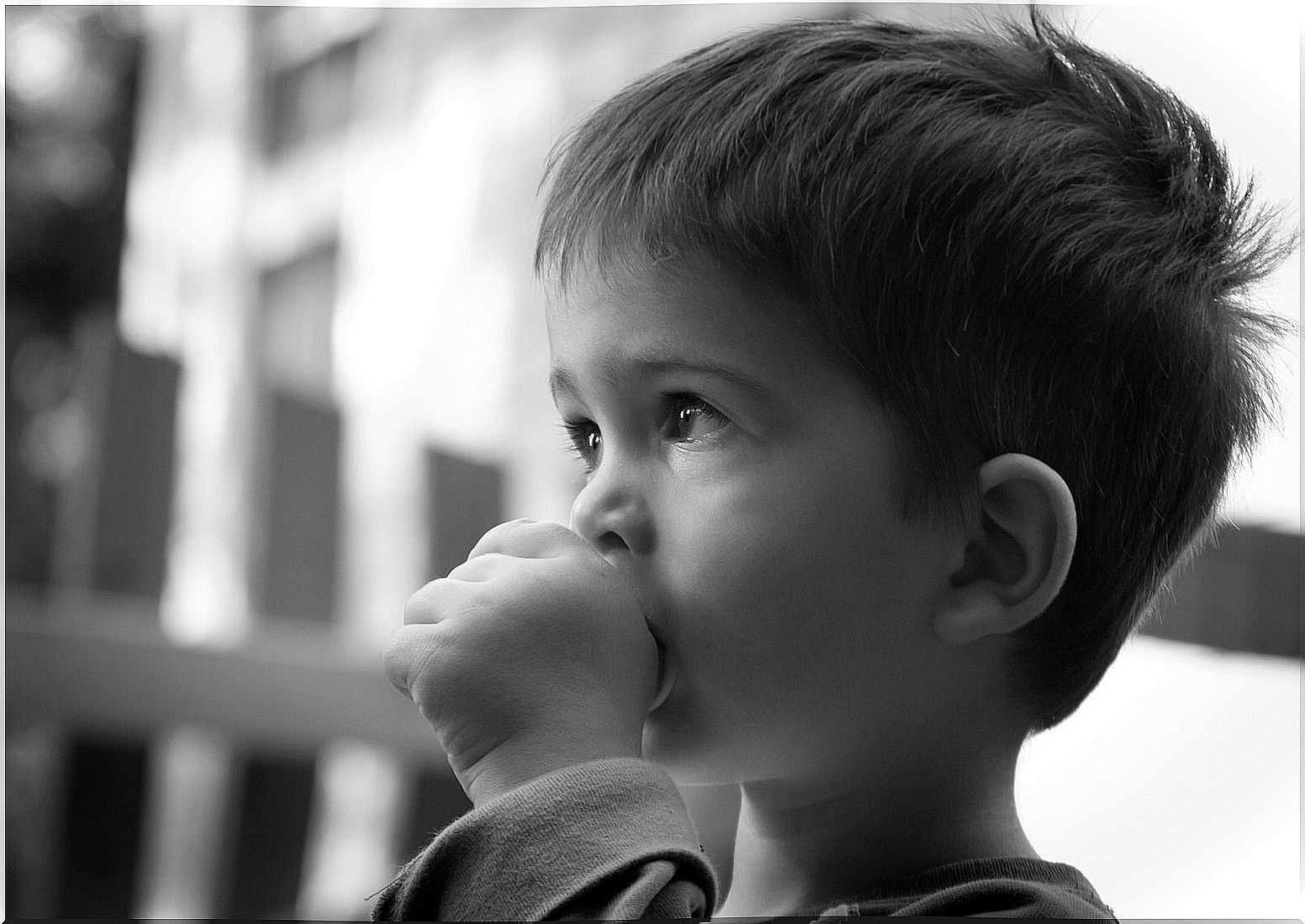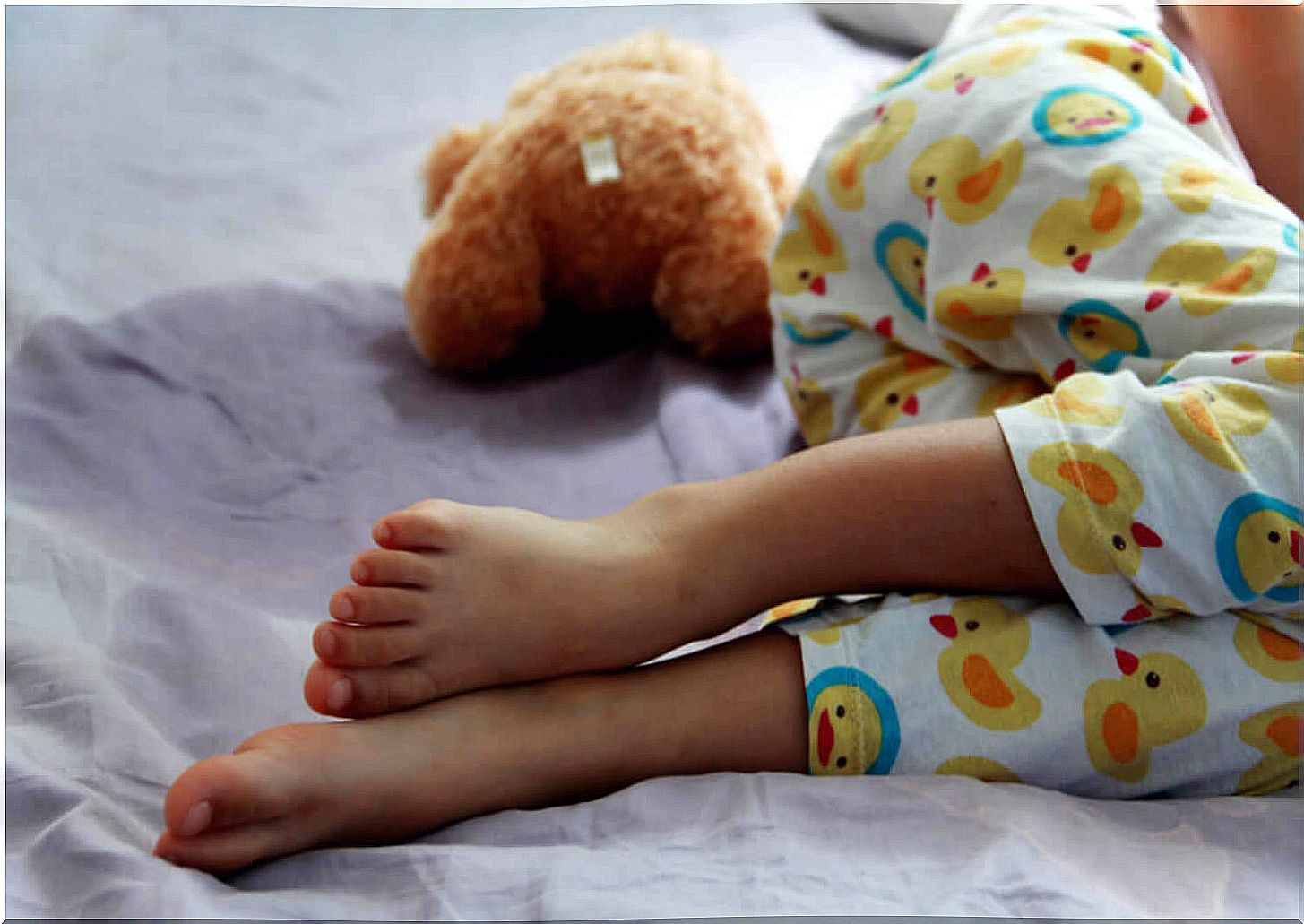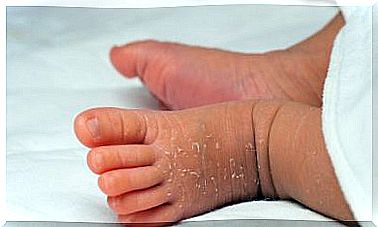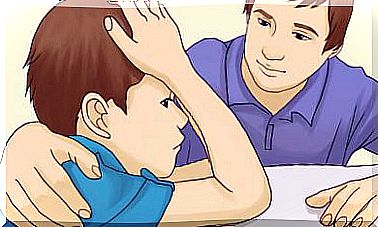How To Deal With The Regressive Behaviors Of Children?

Regressive behaviors are a relatively common phenomenon in children, but one that can surprise or even alarm parents. These consist in that the infant returns to carry out behaviors of previous evolutionary stages that already seemed overcome. Although, in principle, there is nothing to worry about, it is convenient to know what these behaviors consist of and how you can act when they appear.
If your child wet the bed again or starts thumb sucking again, stay calm. Regressions are a coping mode that helps children cope with distress in stressful situations. However, it is important to acknowledge the feeling they are trying to show and help them overcome it.
What are regressive behaviors?
Throughout their growth, children are learning and acquiring new tools. In this way, they advance through various evolutionary stages and conquer different important milestones. For example, they learn to control their sphincters, give up the pacifier, or start drinking from glasses instead of bottles.

Although each child has his own rhythm in this process, in general, when a stage has been passed, it is not returned to it. However, regressive behaviors are precisely a return to those behaviors typical of previous moments. Some of them can be:
- Thumb sucking again.
- Starting to wet the bed again (secondary enuresis).
- Refuse foods that you already ate perfectly.
- Ask to use bottles or diapers again.
- Crawling, babbling, or acting like a baby.
- Ask for help to get dressed when he was already doing it alone.
Why do they occur?
These sudden behaviors can surprise parents, who may come to think that something is wrong with their little one. The reality is that child development is not an absolutely linear process; there are advances, stagnations and setbacks. The temporary return to a behavior that has already been overcome does not have to be indicative of any pathology.
With this in mind, it is important to know that regressive behaviors are the way children cope with stressful situations. When there are major changes in their environment that generate intense negative emotions, they can feel insecure. In this way, regressions are a way of returning to the security that they felt in previous stages, to the known and familiar.
Thus, these temporary setbacks can arise from any novel event that the child perceives as overwhelming or threatening. Some of the vital changes most frequently related to regressions are:
- The divorce of the parents.
- A change of residence or school.
- The birth of a brother.
- The death of a loved one or even a pet.
- Changes in the family nucleus (for example, if the grandparents who previously lived at home stop doing so).

How to deal with the regressive behaviors of children?
When regressive behavior appears, it is important to act with patience and empathy. It must be borne in mind that even adults sometimes resort to this mechanism, for example, when we are sad and we lie in a fetal position swinging.
For the same reason, we must understand that the child does not do it to annoy us or tease us; It is his way of expressing that he is facing a situation that is beyond him. So it is not advisable to scold, punish or ridicule him for his behavior. Let’s avoid saying phrases like: “you are no longer a baby” or “stop being silly.”
The best thing to do is act naturally and calmly. There is no problem if the child ever takes a bottle or talks like a baby. Let us allow you to get the security you are looking for in these behaviors and try to help you cope with change. Let us be present and available to him, so that he can feel calm and confident, that he knows that we are by his side.
Often times, the child will be able to adapt to the new situation and the regressive behaviors will disappear. The overcoming of this small setback will constitute, then, an important advance, reason why we do not have to be alarmed.
However, if these behaviors persist over time, it will be necessary to consult a child specialist, as it may be a sign that the infant is not managing to adequately handle the negative emotions he experiences.










